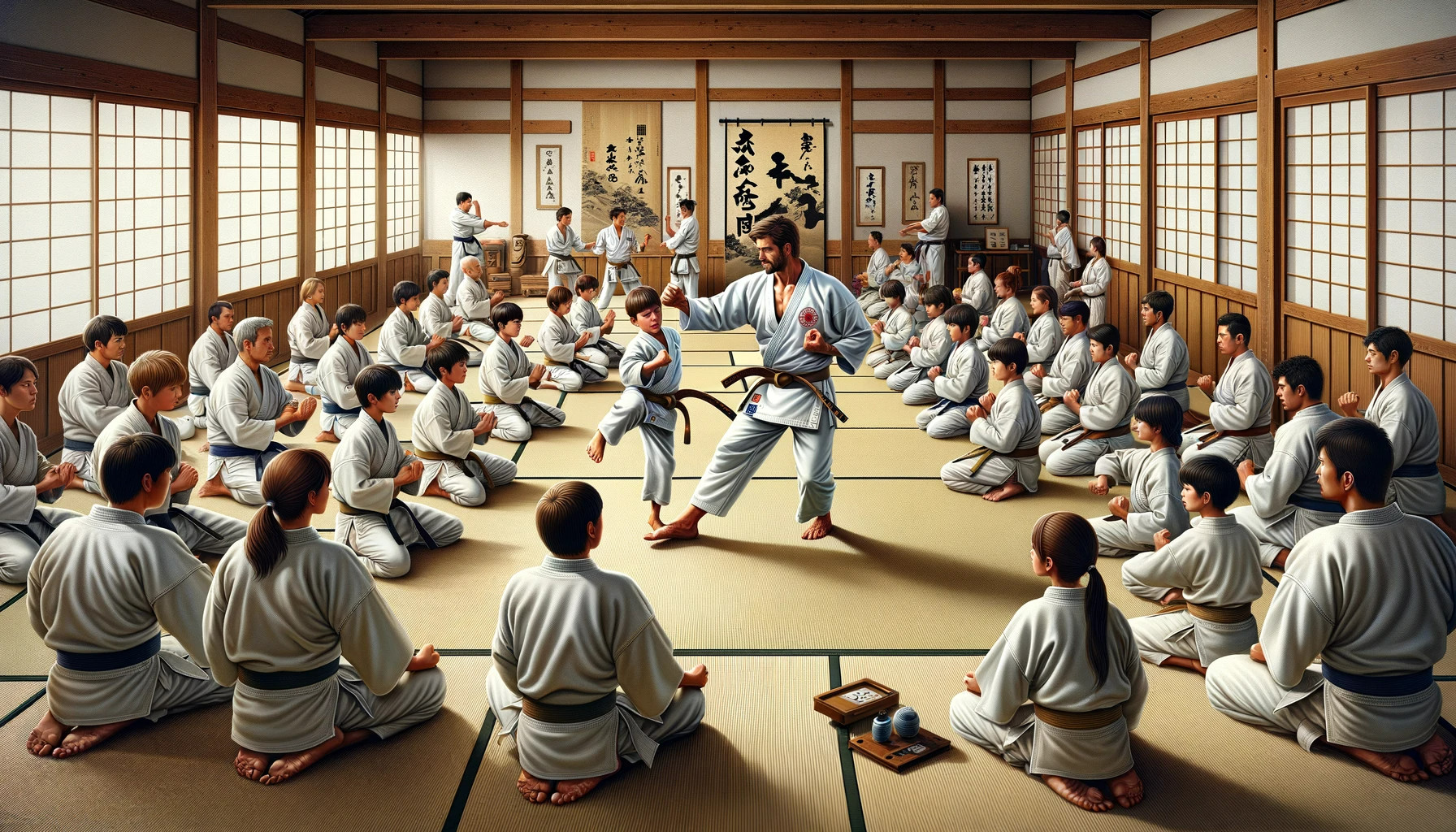Martial arts, an ancient practice with a rich history, transcends mere physical activity; it embodies discipline, mental fortitude, and a journey towards self-improvement. Central to this pursuit of excellence is the concept of deliberate practice and repetition, especially when honing skills in kata, a sequence of movements in martial arts.
The Essence of Kata in Martial Arts
Kata, a cornerstone in many martial arts disciplines like Karate, Judo, and Taekwondo, is not just a set of movements; it's a living library of the techniques and philosophies of a martial art. Each movement in a kata has a purpose, teaching the practitioner about balance, timing, and the application of techniques.
Deliberate Practice: Beyond Mere Repetition
Deliberate practice is a structured and purposeful approach to skill development, where one focuses on specific areas for improvement. It's not just about repeating a task but doing so with a goal of continual enhancement. In martial arts, this translates to practicing kata with an intent to refine technique, improve speed, and understand deeper strategic elements.
Building Muscle Memory through Repetition
Repetition in martial arts is vital for building muscle memory. Consistent practice of kata ingrains the movements in the muscle fibers, allowing martial artists to execute techniques without conscious thought during combat or performance. This automaticity is crucial for responding effectively under stress or in dynamic situations.
Enhancing Mental Acuity and Strategic Thinking
Martial arts training, particularly through kata, enhances mental sharpness and strategic thinking. Practitioners learn to anticipate moves, think several steps ahead, and adapt to changing scenarios. This mental conditioning is as important as physical prowess in martial arts.
The Role of Visualization in Martial Arts
Visualization is a powerful tool in martial arts training. It involves mentally practicing kata, envisioning each movement, and its application. This mental rehearsal complements physical practice, solidifying techniques and strategies in the practitioner's mind.
Cultivating Discipline and Persistence
The repetitive nature of kata and the need for deliberate practice cultivate discipline and persistence. These qualities are essential not just in martial arts but in all aspects of life. They teach the value of hard work, consistency, and the pursuit of excellence.
Developing Physical Fitness and Flexibility
Regular practice of kata improves physical fitness, enhances flexibility, and builds strength. The dynamic movements involved in kata require a high degree of bodily control and endurance, contributing to overall health and well-being.
Promoting Mind-Body Connection
Martial arts training promotes a strong mind-body connection. Through kata, practitioners learn to synchronize their movements with their breathing and mental focus, leading to improved concentration, reduced stress, and a sense of inner peace.
Fostering Respect and Cultural Appreciation
Practicing kata fosters respect for the martial art's traditions and its cultural roots. It's a way to connect with the past, understand the art's origins, and appreciate its evolution. #KarateChronicles








